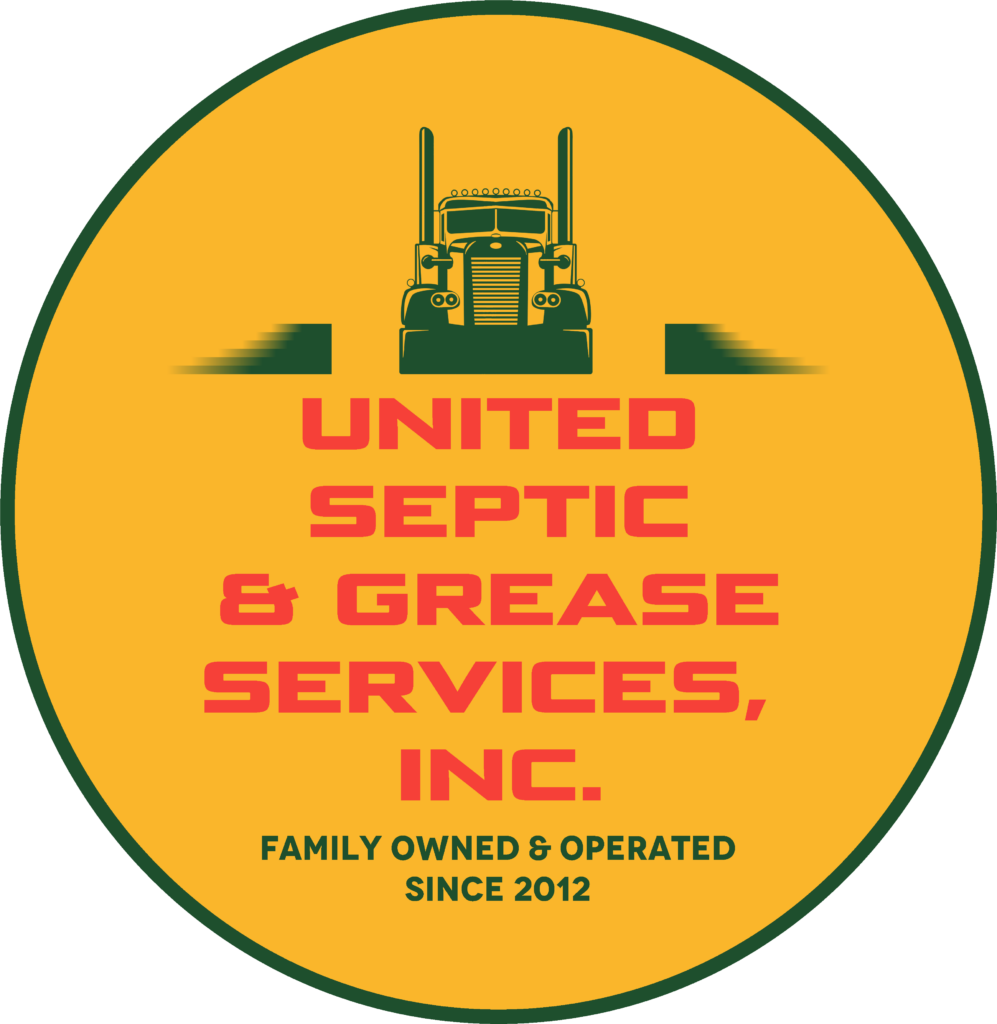5 Types of Residential Septic Systems: Exploring the Role of Pump Septic Systems
Introduction
Septic systems are crucial for managing household wastewater, especially in areas without access to municipal sewer systems. Choosing the right type can make a significant difference in efficiency, maintenance, and long-term costs. Among these options, the pump septic system stands out as a reliable solution for specific needs. Here’s an overview of five common types of septic systems and their pros and cons.
- Transparent Pricing
Nobody likes surprise charges. A reliable provider lays it a1. Conventional Gravity-Based Septic System
This is the most basic type of septic system, relying solely on gravity to move wastewater from the house to the septic tank and then into the drain field. While it’s cost-effective and easy to maintain, it may not work well in areas with poor soil drainage or uneven terrain.
2. Pump Septic System
The pump septic system is designed for properties where gravity alone isn’t enough to transport wastewater. In these systems, a pump is used to push the effluent from the septic tank to the drain field, often over long distances or uphill.
Advantages:
- Perfect for properties with challenging landscapes.
- Ensures wastewater reaches the drain field efficiently.
Disadvantages:
- Requires electricity to operate the pump, which could lead to higher utility bills.
- Needs regular maintenance to ensure the pump remains functional.
3. Aerobic Treatment Unit (ATU)
An ATU is a more advanced option that uses oxygen to break down organic material in wastewater more effectively than traditional systems. While it provides cleaner effluent, it’s also more expensive to install and maintain.
4. Mound Septic System
Ideal for areas with shallow soil or a high water table, the mound system elevates the drain field above ground. This option is more visually intrusive and requires a larger footprint but solves drainage challenges in sensitive areas.
5. Chamber System
A chamber system uses plastic chambers instead of gravel or pipes to create a drain field. This system is ideal for environmentally conscious homeowners, as it minimizes the use of natural materials.
Why Choose a Pump Septic System?
If your property has a slope or uneven ground, a pump septic system could be your best option. By incorporating a pump, you can overcome the limitations of gravity and ensure that wastewater is properly transported to the drain field. Additionally, advancements in pump technology have made these systems more durable and efficient.
ll out upfront—no weird fees or fine print. Ask for a breakdown of costs so you know exactly what you’re paying for. - Range of Services
Why juggle multiple companies when one can do it all? Look for a provider offering a full suite of services like inspections, pumping, repairs, and even emergency calls.
Top Questions to Ask Potential Providers
- How often should I get my tank pumped based on its size and my household’s usage?
- Do you offer any deals for long-term maintenance plans?
- Can you show me proof of licensing and insurance?
Partnering with a solid service crew means you’re not just keeping your system running smooth—you’re sidestepping pricey headaches before they spiral out of control. That’s the whole deal with smart, preventive care.
Conclusion
When it comes to septic tanks in Miami, keeping everything running like clockwork is a total no-brainer. Regular maintenance is the magic trick to dodging gnarly problems and keeping your wallet happy down the line. From cutting costs to keeping the environment clean, preventive care pays off big time. A quick pump here, an inspection there, and smart waste management can make your septic system last longer, save you some bucks, and help keep Miami’s environment looking as gorgeous as ever.
Don’t sit on it until things go south—take charge now and keep your system in top shape. Partner up with a solid expert, stay on top of your game, and chill knowing your investment’s locked down tight. In Miami, where septic tanks are a no-brainer for tons of homes, keeping up with maintenance isn’t just the smart move—it’s the only way to roll.
By understanding your property’s needs and weighing the pros and cons of each system, you can choose the right septic solution for your home. A pump septic system is especially valuable for challenging landscapes, ensuring efficiency and long-term reliability. Always consult a septic professional to assess your property and recommend the best system for your specific situation.
For any concerns related to Septic Tanks in Miami, please contact United Septic And Grease.
IF YOU ARE LOOKING FOR MIAMI-DADE AND BROWARD COUNTY COMMERCIAL SEPTIC SERVICES
THEN PLEASE CALL 305-878-1885 / 954-778-0477 OR COMPLETE OUR ONLINE REQUEST FORM

Autor / Editor : Jonathan Moreno
Jonathan Moreno is a South Florida Digital Marketing expert with over 12 years of experience with passion for creating hight value content to educate and bring value to visitors.
Related Posts
Most Common Septic System Emergencies
United Septic and Grease: This post will discuss the most frequent septic system emergencies, the...
Read MoreExpert Tips for Choosing the Best Grease Trap Cleaning Service
If you own a restaurant, professional grease trap cleaning services will make your kitchen work...
Read MoreDIY vs. Professional Septic Clean Outs
United Septic and Grease: Frequent septic clean out guarantees that your system runs efficiently and...
Read More